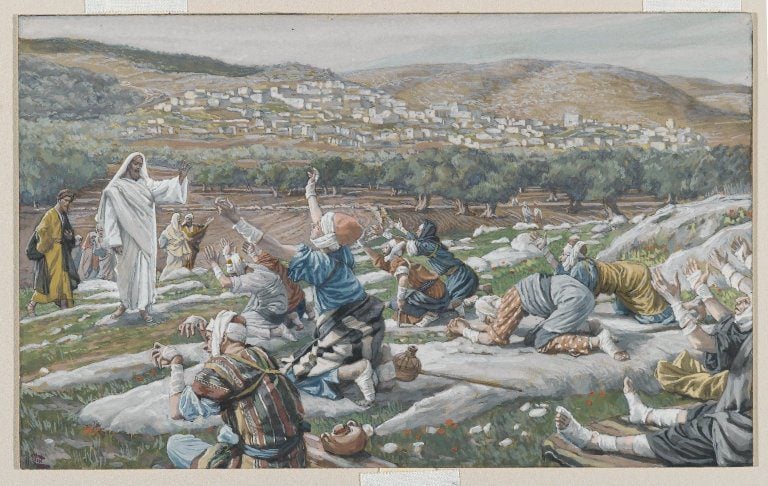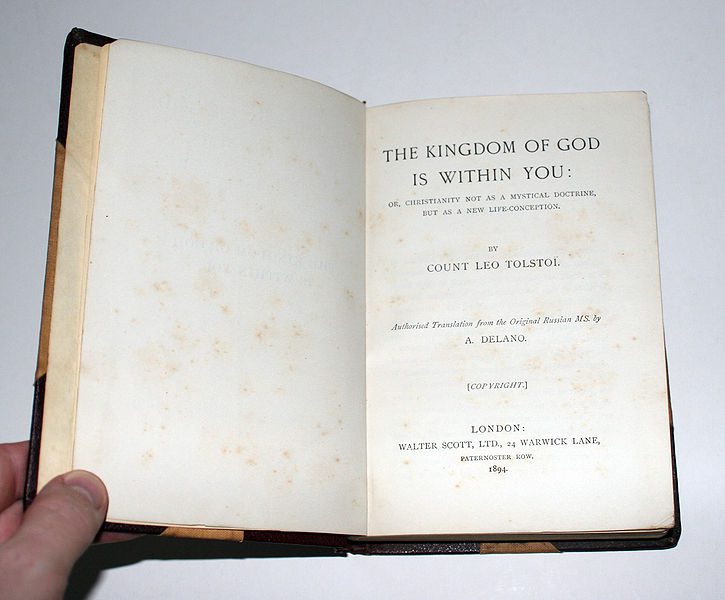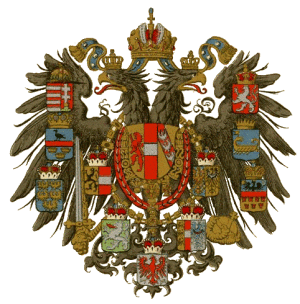
(Wikimedia Commons public domain image)
To me, Doctrine and Covenants 101:8 has always been one of the most striking passages in that volume of scripture:
“In the day of their peace they esteemed lightly my counsel; but, in the day of their trouble, of necessity they feel after me.”
The episode in the Savior’s life recorded at Luke 17:11-19 is a clear illustration of that principle — and it’s altogether too humanly familiar.
I doubt that I’m alone in being concerned that the Lord’s description might apply much too accurately to me.

Compare Matthew 24:23; Mark 13:21;
The King James translation “the kingdom of God is within you” has occasioned a lot of New Agey nonsense, among other things (some good, some bad).
But it’s wrong.
ἡ βασιλεία τοῦ θεοῦ ἐντὸς ὑμῶν ἐστιν more likely means “The kingdom of God is in your midst.”
(Still, it helped to inspire a song that I really like from my quasi-countercultural youth in the California of the late 60s.)

(Wikimedia Commons public domain image)
Compare Matthew 24:23; 24:26-27; 24:37-39; 24:17-18; 10:39; 24:40-41; 24:8; 24:5; 16:25; Mark 13:19-23; 13:14-16; 13:5-6; 8:35; Luke 21:8; 9:24; John 12:25
Everything will just be going along normally, routinely, such that many will assume that things will continue that way forever. And then, suddenly, when it’s too late to repent or to make preparations, the End will come.
Note: In verse 37, the translation should probably read vultures, not eagles. It’s vultures who circle about (dead) bodies, or carcasses. This might not seem important, but I once heard of a Gospel Doctrine class in which the teacher sought to find great significance in the appearance of “eagles” as a sign of the last days. “What country has an eagle as its symbol?” he asked his class. And the answer was supposed to be “America!” But, historically, it could just has easily have been imperial Rome, Habsburg Austria, Tsarist Russia, the Byzantium of the Palaiologai emperors, or Nazi Germany. (Of course, more than a few countries ought to have vultures as their national symbol. But I’m aware of none with the honesty to do so.)

Perhaps the main point of this little parable — which is a favorite of mine — is to encourage patience in waiting upon the Lord.
But it’s very human, in its way. Even in dealing with earthly matters, persistence will often be rewarded.











